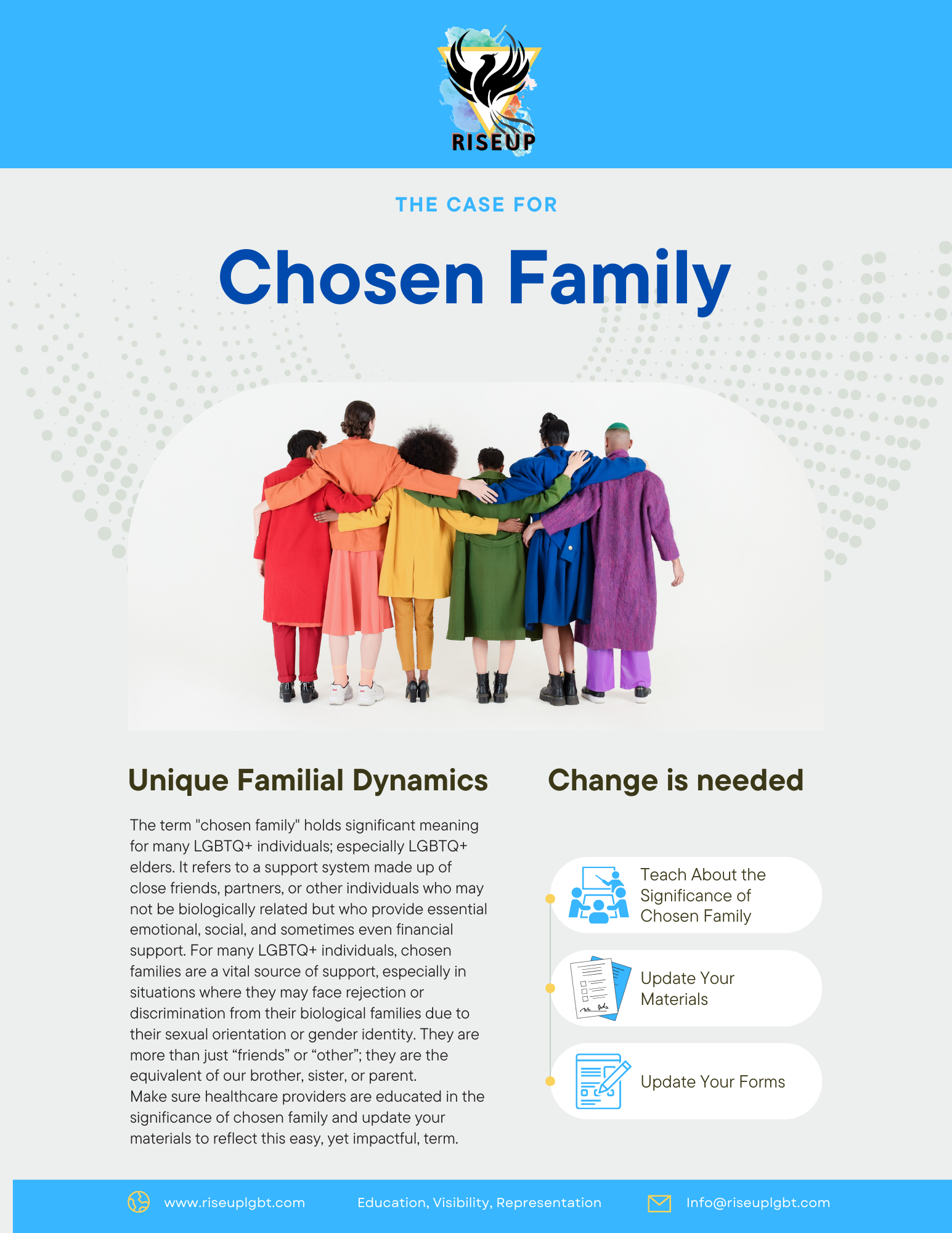In March 2021, Governor Murphy signed into law a new and comprehensive Bill of Rights for LGBTQI and HIV+ residents of long-term care. It took effect in August 2021. It can be found here .
The law makes it illegal for facilities to discriminate against LGBTQI and HIV+ residents in nearly all aspects of facility life. Based on a resident's sexual orientation, gender identity, intersex status or HIV status, a facility cannot:
- Deny admission.
- Transfer or refuse to transfer within the facility or to another facility.
- Discharge or evict.
- Make room assignments for transgender and non-binary residents based on any gender other than their chosen gender.
- Deny residents' requests to share a room.
- Keep a resident from using a bathroom that other residents of the same gender identity use.
- Fail repeatedly to use the resident's chosen name or pronouns when staff have been informed of them.
- Stop the resident from wearing clothes, accessories or cosmetics or grooming in ways that are permitted for others.
- Keep residents from getting together with other residents or visitors.
- Forbid residents from having consensual sexual relations.
- Refuse to provide medical or non-medical care that is appropriate to the resident's organs and bodily needs.
- Provide care that unduly demeans the resident's dignity or causes avoidable discomfort.
- Refuse or willfully fail to provide any service, care or reasonable accommodation.
- Omit the resident's gender identity, chosen name, or pronouns in resident records.
- Disclose information about a resident's sexual orientation, transgender status/identity, transition history, intersex status, or HIV status (unless required by state or federal law).
- Have staff present other than staff needed to provide direct care to the resident, when the resident is partially or fully unclothed.
- Fail to use visual barriers when residents are fully or partially unclothed.
- Fail to get informed consent for non-therapeutic exams or observations of treatment.
- Prohibit access to transition-related assessments, therapies and treatments that a transgender health care provider has recommended.
Suspected violations will be investigated by this office (LTCO) and referred to the NJ Department of Health for possible regulatory action/penalties. LTCO staff received extensive training on the legislation and will assess facility compliance.
The law also requires that LTC facilities post anti-discrimination signs, including specific language, that the facility does not discriminate against LGBTQI or HIV+ people and informing residents how to contact the LTCO if they feel their rights are violated. LTC facilities should already have these signs posted. The LTCO recently designed colorful posters for LTC facilities that contain this information.
Most importantly, the law requires that all LTC staff must receive training. This training must include information about LGBTQI and HIV+ terminology, best practices, history, bias and discrimination, health disparities, communications, creating a welcoming environment, and the new law.
By February 28, 2022, two designated staff members must be trained (one admin staff and one direct care staff). These two people will be the dedicated contacts for the facility to come into compliance with the law. By end of August 2022, all other facility staff members must be trained.
While the LTCO does not endorse any particular training program, there are three long-standing LGBTQI and HIV+ training organizations in the state who are prepared to offer this training and who were also instrumental in passing this law:
It is important to remember that when LGBTQI and HIV+ people go into long-term care, many do not feel comfortable being themselves based on past discrimination from their peers and in medical systems. The goal is to make long-term care communities safe and welcoming places for LGBTQI and HIV+ people to call home.
If you have any questions about the law or its implementation, you can contact Amy.Brown@ltco.nj.gov.
 Official Site of The State of New Jersey
Official Site of The State of New Jersey

